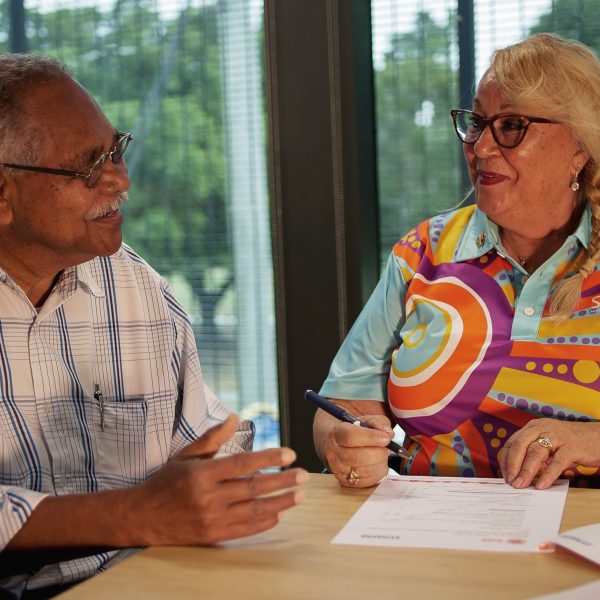
The Guddi Way Screen
The Guddi Way Screen is a culturally developed tool to identify cognitive impairment as a result of a brain injury in Aboriginal and/or Torres Strait Islander people.
Read moreAboriginal and/or Torres Strait islander Australians continue to experience poorer health outcomes at higher rates and younger ages than non-Indigenous Australians.
Between 2005-2008, Aboriginal and/or Torres Strait Islander Australians were 21 times more likely to suffer a head injury due to assault than their mainstream counterparts.[i] Aboriginal and/or Torres Strait Islander Australians are also 1.5 times more likely to drink alcohol at risky levels and, [ii] when it comes to stroke and traumatic brain injury, Aboriginal and/or Torres Strait islander Australians are affected up to three times more frequently than non-Aboriginal Australians. Despite these realities, Aboriginal and/or Torres Strait Islander peoples remain significantly under-represented in related health and rehabilitation services.
Undiagnosed brain injury and/or a lack of necessary services and supports can have a huge impact on an individual’s life, leading to disengagement from work, study and the tasks of daily life, problems with emotional regulation and maintaining relationships, depression, anxiety, lowered impulse control and understanding of consequences – which in turn can lead to interaction with the criminal justice system.
Impacted by different notions of health and disability, the lack of culturally acceptable and validated assessment instruments, discrimination and stigmatisation, poverty and the inappropriateness and cultural insensitivity of mainstream service delivery models, Aboriginal and/or Torres Strait Islander people can encounter numerous barriers to diagnosis and support. For these reasons and more, Aboriginal and/or Torres Strait Islander people with disabilities are not well served by mainstream services.
Finding solutions to cultural disconnection and to the challenges of remote service delivery must be a priority for the National Disability Insurance Scheme and related systems.
There is a pressing need for culturally safe assessment tools for the identification of brain injury and complex disability within Aboriginal and/or Torres Strait Islander communities. Tools which respect and are responsive to the cultural environment as well as Indigenous understanding of social and emotional wellbeing.
Achieving cultural security is about the coming together of two distinct approaches, the Western definition and the Aboriginal definition, to achieve the necessary outcome of improved health and wellbeing. Appropriate service delivery models must be developed with – not for – Aboriginal and/or Torres Strait Islander peoples.
Recognising and responding to culture has been associated with more effective communication between patient and provider, adherence to treatment, enhanced patient engagement in care, increased patient satisfaction and better patient outcomes.[iii]
[i] Jamieson et al., 2008
[ii][ii] Australian Institute of Health and Welfare, 2011
[iii] http://www.bhi.nsw.gov.au/__data/assets/pdf_file/0010/323929/patient-perspectives-hospital-care-for-aboriginal-people-report-2016.pdf

The Guddi Way Screen is a culturally developed tool to identify cognitive impairment as a result of a brain injury in Aboriginal and/or Torres Strait Islander people.
Read more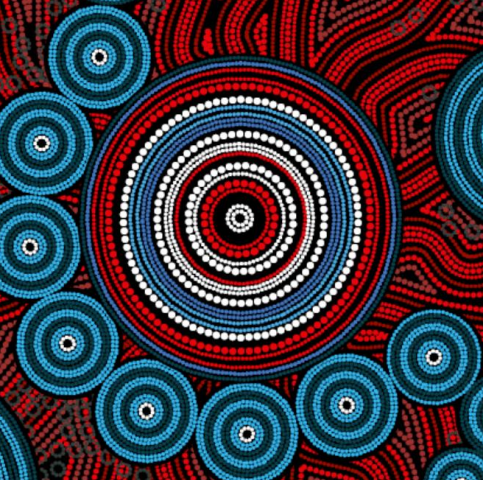
In 2018-2019 Synapse partnered with the Brisbane Murri Court to complete a pilot project in response to the need for culturally safe screening for brain injury and complex disability in the Murri Court system.
Read more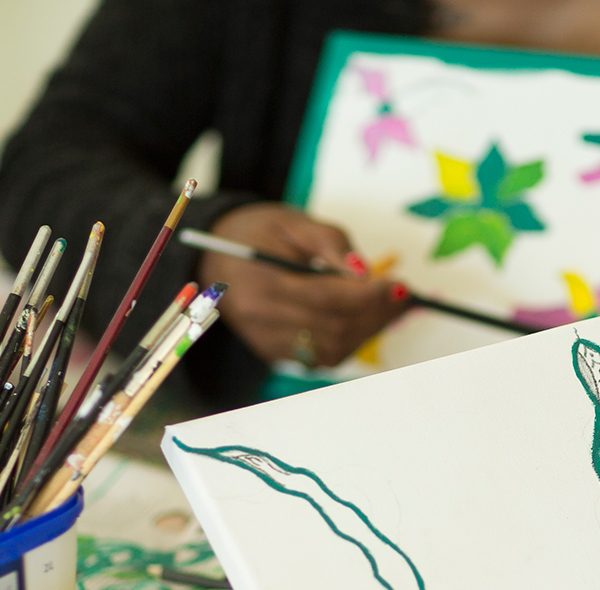
In 2018 Synapse partnered with the NSW Department of Justice and Guthrie House, a not-for-profit transitional service for women exiting the prison system, to support women who may have a brain injury.
Read more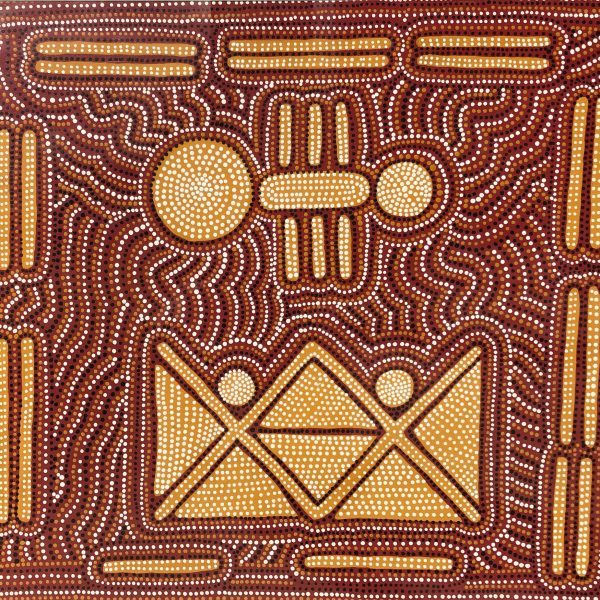
Synapse is working with Griffith University to review the processes for assessing the disability needs of Aboriginal and/or Torres Strait Islander prisoners.
Read more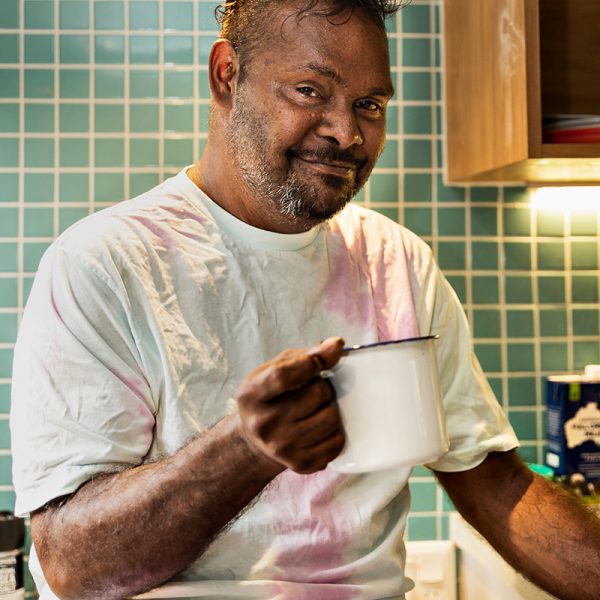
Information and practical housing support options to help you or someone you support live in the home and community of their choice.
Read more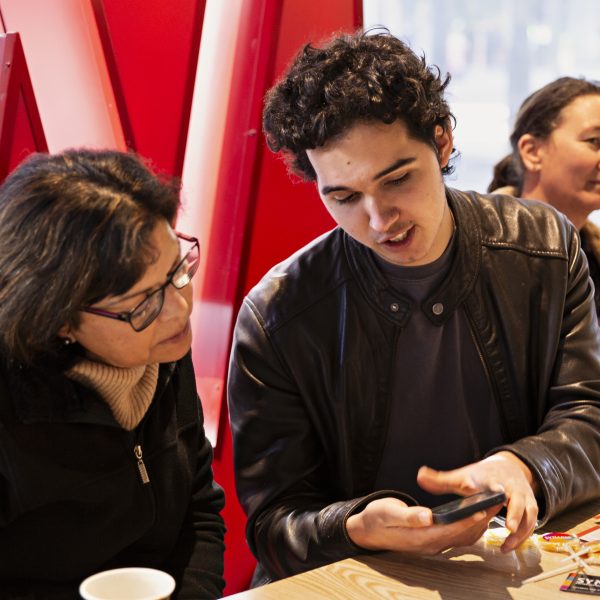
Registered NDIS pre-planning, support coordination and specialised services to ensure you, or the person you are caring for, get the most suitable support.
Read moreIf you’ve got questions or need advice, support or further information, get in touch with us today. We’d love to help